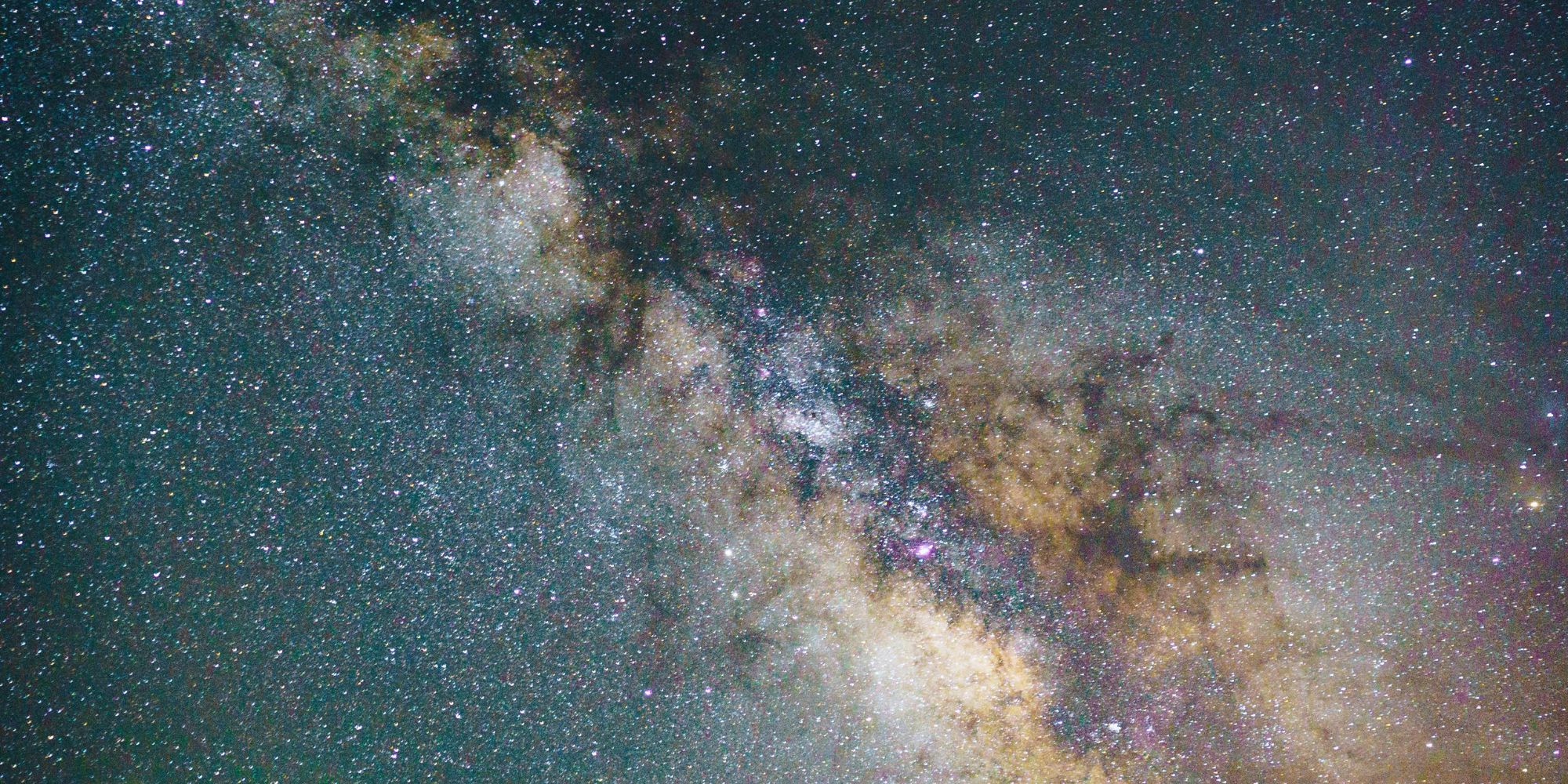The truth in our stars – where did your zodiac sign come from?
I bet if I asked what your zodiac sign is, you would be able to answer me on the spot. Even if you don’t take zodiac signs seriously, you might still see them as a fun novelty to explain certain traits. Maybe the belief that the stars were aligned in a specific way when you were born is too romantic to be completely ignored, perhaps leading to a sense of attachment to the stars that foretold your personality. But where did it all begin? Astrology – which encompasses zodiac signs and horoscopes – has been present in many cultures for centuries. How has it lasted through so many eras?
The notion of humans turning to nature for answers and explanations about their lives has existed for millennia. Humans looking to the night sky for answers is just one example of this. Astrology as we know it today has been influenced by multiple cultures over thousands of years, including ancient Egypt, China, India, and Greece. For example, temple priests in ancient Egypt thought that if they monitored the movements of planets and stars, then they could link them to environmental changes on Earth, predicting events such as floods based on solar movements. The Egyptians eventually borrowed the Greek zodiac system and assigned each sign to an Egyptian god. Much later, the Egyptian astrologer and astronomer Claudius Ptolemy laid down the brickwork for Western astrology in his text Tetrabiblos, emphasising the individual element of astrological interpretations. This is where the idea of personal horoscopes first originated.
Even the word ‘zodiac’ stems from the Greek phrase zōdiakos kyklos, which means the ‘circle of animals’
However, the Babylonians in the second century BC are widely considered to be the first ancient astrologers. The original Babylonian zodiac contained around 18 star signs before narrowing them down to 12 by dividing the sky into 12 equal parts. In around 600 BCE, they developed the first organised horoscope system, using star charts to predict the futures of their rulers.
The ancient Greeks adopted the Babylonian system, along with influences from Indian astrology, known as Vedic astrology or Jyotish. The Greeks linked the star signs to constellations and specific dates. Each Western zodiac sign is connected to a part of Greek mythology. For example, Gemini is associated with the twins of Apollo and Artemis, while Virgo is associated with the goddess Demeter. Even the word ‘zodiac’ stems from the Greek phrase zōdiakos kyklos, which means the ‘circle of animals’.
Despite astrology not being seen as a science since the beginning of the Enlightenment, the influence of these ancient beliefs and rituals is still widely seen today
These beliefs have had an impact on civilisations for hundreds of years, becoming a normal and vital part of life. Roman emperors often had astrologers who advised them on war, leadership, and politics. During the Middle Ages and the Renaissance, doctors used astrological charts to decide the best time for medical procedures and childbirth. Some even believed that different zodiac signs were linked with different parts of the body.
However, as more scientists began to favour empirical evidence, the less astrology was viewed as a science. For example, Newton’s discoveries about gravity and planetary motion gave a new, physical explanation, which reduced the belief that planets had mystical impacts on people’s lives.
Despite astrology not being seen as a science since the beginning of the Enlightenment, the influence of these ancient beliefs and rituals is still widely seen today. Astrology may be grounded more in myth than science, but people – whether it is a conscious decision or not – still search for interpretations that match what they hope is the truth, making these age-old beliefs significant to this day. Shops still sell necklaces with zodiac pendants. Magazines still print horoscopes. There are now even apps, such as The Pattern, which provide AI-generated birth charts. Even if people now don’t take astrology as seriously as their ancestors did, there is no doubt that humans have an ongoing fascination with trying to find the truth in our stars.

Comments